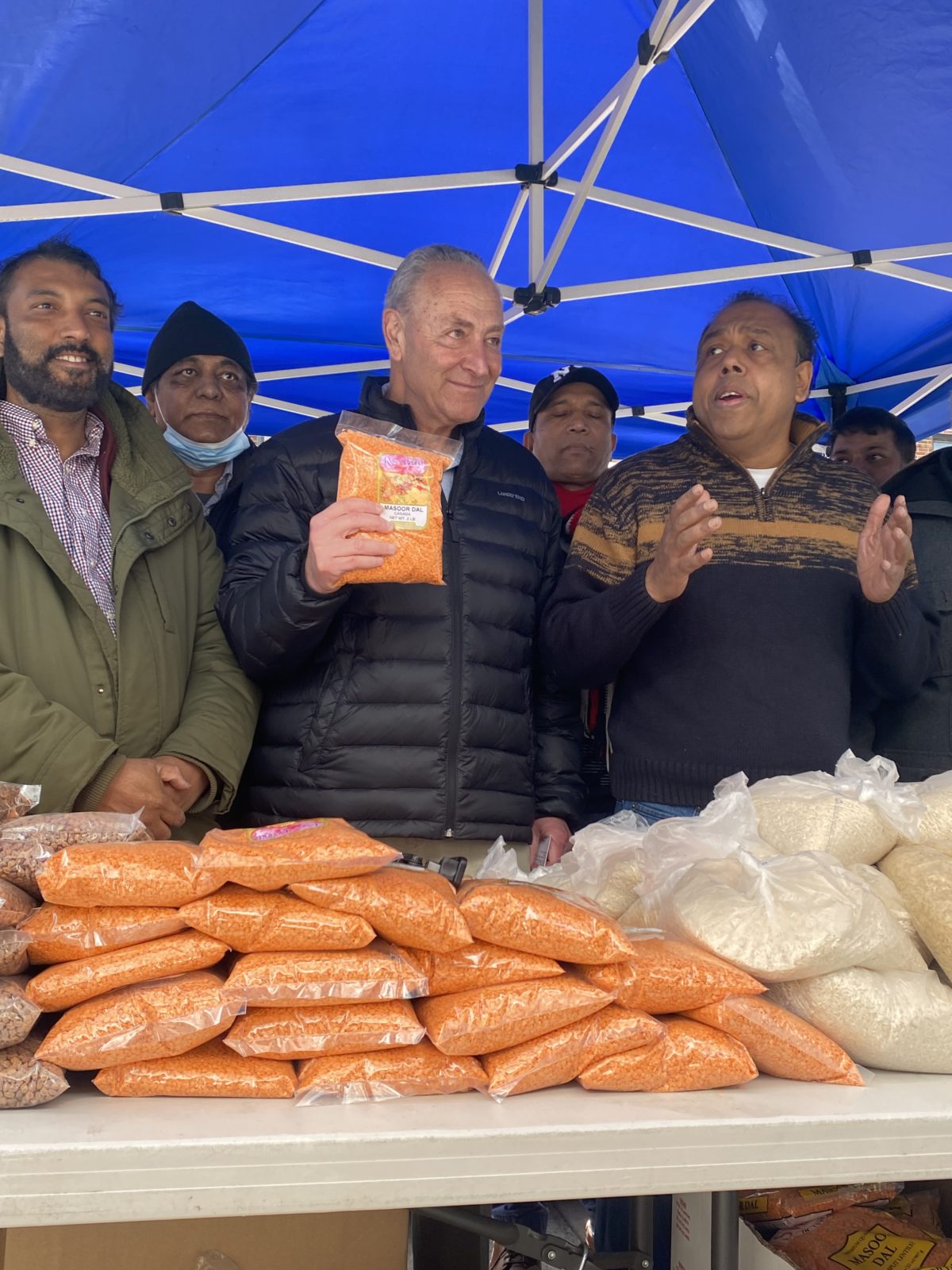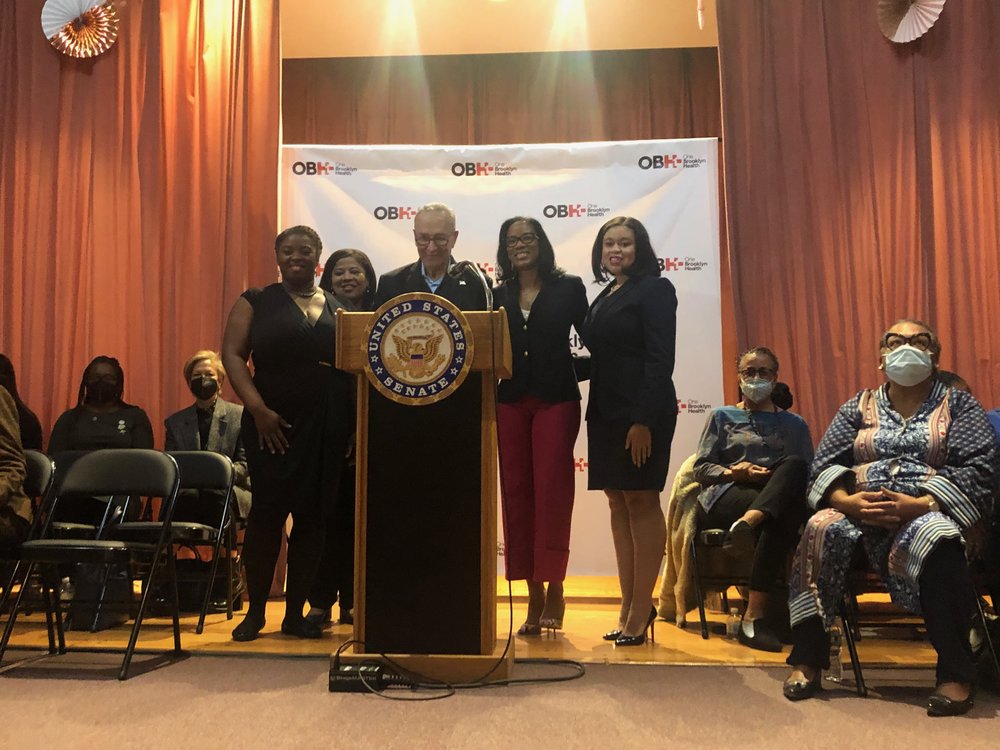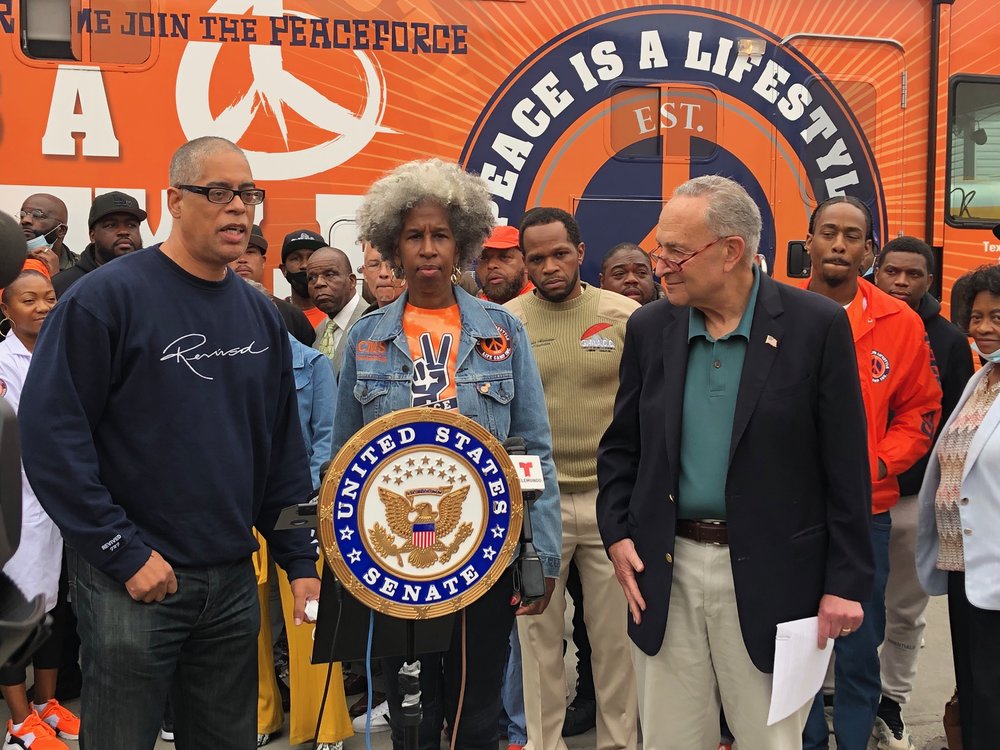Community partners team up to host Ramadan food distribution
The Astoria Welfare Society and community partners are teaming up to distribute free halal food and groceries during the holy month of Ramadan.
Enough traditional Bangladeshi food to feed nearly 250 families was distributed on Friday, April 1, the day before nearly a quarter of the world’s population ushered in their holiest month by beginning their day-long fasts.

Mohammed Jabed Uddin, the General Secretary of the Astoria Welfare Society, welcomed the Astoria community as well as elected officials to the distribution site at 29-11 36th Avenue.
Other pop-up and drop-off locations will be held this month in surrounding neighborhoods like Jackson Heights, said Uddin. He is also doing drop-off deliveries of halal food throughout the month.
“We continue to stand by our community, it doesn’t matter who they are,” he said.
Community organizations helping with the distribution drive are Queens Together and the Champlain Hudson Power Express and Congressmember Carolyn Maloney’s office. The event was sponsored by Empire Blue Cross Blue Shield.
“If it wasn’t for the help of Queens Together and Blue Shield Blue Cross, we wouldn’t be doing this,” Uddin said.
Locals spoke of what the beginning of Ramadan meant to them while waiting in line for the food distribution.
“All over the world, people can not eat dinner or lunch,” said one local. “A lot of people throw their food away for nothing. We are feeling how other poor people are feeling.”
Elected officials, including Senator Chuck Schumer, helped distribute the groceries and halal food. Representatives from the offices of Rep. Carolyn Maloney, Assemblymember Zohran Kwame Mandami and Councilmember Julie Won, as well as Councilmember Tiffany Caban herself, were also on hand for the event.
During the month of Ramadan, Muslims break their daily fast with a meal called Iftar, which comes only after sunset each day. The act of fasting during the month of Ramadan is one of the five pillars of Islam. This year’s holiday ends on the evening of Monday, May 2.
“I know it’s been a very tough two years for all of us, and now we’re beginning to see the light at the end of the tunnel. Having enough food to eat during the month is very important,” Schumer said. “Ramadan Mubarak!”





